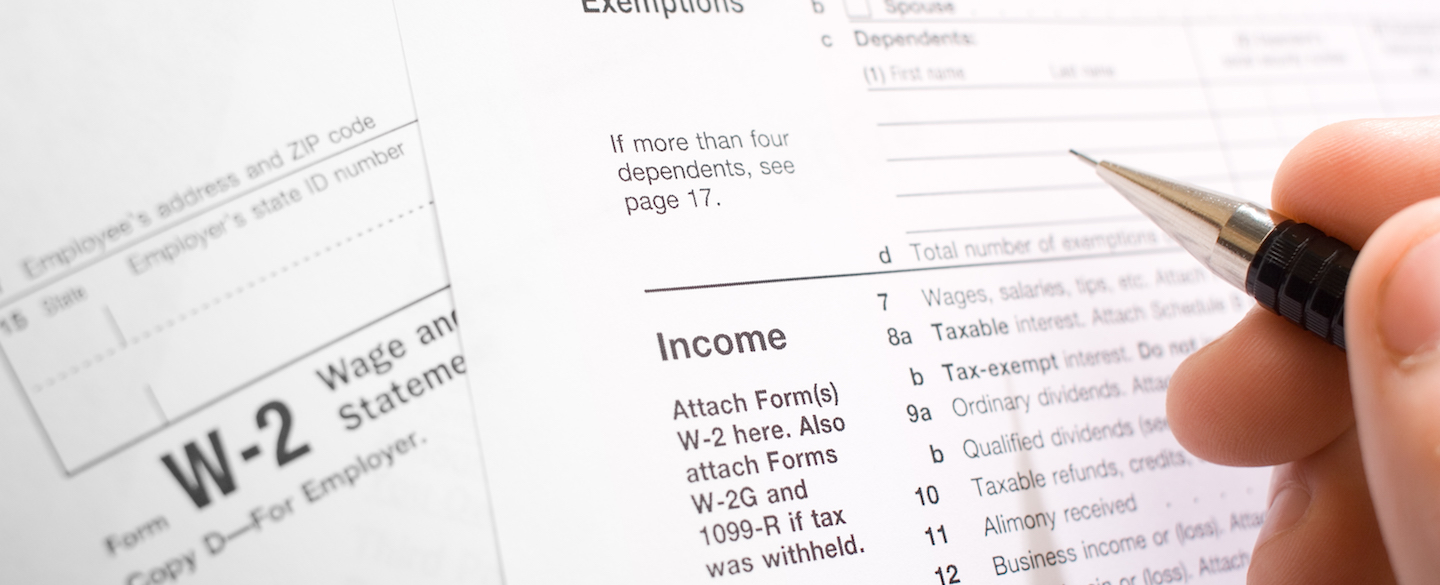Can You Provide Examples of Employees Who Receive Taxable Tip Income? Here’s the Proof!

can you provide examples of employees who receive taxable tip income?
Employees who typically receive taxable tip income include waiters, waitresses, bartenders, and hairstylists. Other examples are bussers, service bartenders, cooks, and salon shampooers.
Taxable tip income must be reported to the IRS and is subject to federal income taxes. In the service industry, employees who interact directly with customers often receive taxable tip income. This income, received in addition to their regular wages, includes tips left by customers in cash, added to card charges, or shared among staff.
Understanding who earns taxable tips and how to report them accurately is vital for both employees and employers. Compliance with IRS regulations ensures proper tax withholdings and reporting, avoiding potential penalties. Let’s explore which employees fall into this category and how they should handle their tip income responsibly.
Factors Affecting Taxable Tip Income
In the service industry, employees who receive taxable tip income need to understand the factors that influence the taxation of their tips. The amount of tip income, the reporting responsibilities, and the specific roles of the employees all contribute to the taxable nature of the tips.
Restaurant Servers
Restaurant servers frequently receive tips as part of their income. These tips are often provided directly by restaurant patrons in cash or via credit card payments. The amount of tips received by servers can vary based on the level of customer satisfaction and the volume of customers served.
Bartenders
Bartenders are also common recipients of taxable tip income. Customers often express their appreciation for the service provided by bartenders through tips. These tips are usually received in cash or as part of credit card transactions, contributing to the overall income of the bartender.
Hotel Service Staff
Similarly, hotel service staff, such as bellhops, valets, and housekeeping personnel, may receive taxable tip income from hotel guests. These tips are typically given as a token of appreciation for the services provided during a guest’s stay, and they form a significant portion of the staff’s earnings.

Credit: m.facebook.com
Taxable Tip Reporting Requirements
According to IRS guidelines, all tip income is considered taxable and must be reported by employees. It includes both cash and non-cash tips received by directly-tipped and indirectly-tipped employees.
Employers are required to report tip income on employees’ W-2 forms to ensure accurate tax reporting. This helps in complying with IRS regulations and avoiding any potential penalties.
Irs Guidelines
W-2 Form Reporting
Impact On Income Tax
Employees who receive taxable tip income include directly-tipped employees like waiters, waitresses, bartenders, and hairstylists. Indirectly-tipped employees, such as bussers, service bartenders, cooks, and salon shampooers, can also receive tips. These tips are considered part of their regular wages and are subject to UI, ETT, SDI, and PIT withholdings.
Taxable Income Calculations
Relying on specific rules and guidelines to determine taxable tip income is vital for accurate calculations.
Additional Tax Responsibilities
Employees should fulfill their tax obligations by reporting all tips received to ensure compliance.
Understanding the impact of taxable tip income on income tax is crucial for all employees receiving tips.
When employees receive taxable tips, it affects their overall income tax liability.
Ensuring accurate reporting of tip income is essential to avoid any potential issues with the IRS.

Credit: m.facebook.com
Legal Implications For Employers
Tip Pooling Policies
Tip pooling is a common practice in the hospitality industry, where tips are collected and distributed among employees. However, employers must proceed with caution when implementing tip pooling policies, as there are legal implications to consider. For instance, according to the Fair Labor Standards Act (FLSA), only employees who regularly receive tips can be part of the tip pool. It’s important for employers to ensure that the allocation of tips complies with the FLSA guidelines to avoid potential legal repercussions.
Fair Labor Standards Act
The Fair Labor Standards Act (FLSA) sets the federal standards for minimum wage, overtime pay, recordkeeping, and youth employment. It also regulates the rules surrounding tip income for employees. Under the FLSA, employers are required to pay a minimum cash wage to tipped employees, which, when combined with tips received, must meet or exceed the federal minimum wage. If the employee’s tips combined with the cash wage do not meet the minimum wage, the employer is obligated to make up the difference. This legal requirement is crucial for employers to ensure compliance and avoid potential FLSA violations and penalties.
Irs Audit Risk
Employees who receive taxable tip income, such as waiters, waitresses, bartenders, and hairstylists, must report them as part of their gross income. This includes both directly and indirectly tipped employees, and the tips are subject to federal income taxes. It’s important to ensure accurate recordkeeping and reporting to avoid IRS audit risk.
Tip income is an area that the IRS closely scrutinizes, making it important for employers and employees to understand the potential audit risk. The IRS is vigilant in ensuring that all tip income is properly reported and taxed. Failing to comply with the IRS regulations can lead to serious consequences, including penalties and fines.
Tip Income Documentation
Proper documentation is crucial when it comes to tip income. Employers must maintain accurate records of tip allocations, employee reports, and any other relevant documentation. This includes keeping track of both cash and non-cash tips received by employees. It’s essential for employees to document their tips correctly and report them accurately to their employers.
Here are some key points to remember about tip income documentation:
- Employees should keep a daily log of their tips, including the date, amount, and source of each tip received.
- Employers should provide employees with tip reporting forms, such as Form 4070, so that they can report their tips accurately.
- Both cash and non-cash tips must be reported and recorded.
Non-compliance Penalties
Non-compliance with tip income reporting can result in significant penalties. The IRS has established penalties for failure to report tips, incorrect reporting, and underpayment of taxes related to tip income. These penalties can range from monetary fines to criminal charges in severe cases of tax evasion.
It’s crucial for employers and employees to understand the potential penalties associated with non-compliance and take the necessary steps to minimize their audit risk. This includes keeping thorough documentation of tip income, accurately reporting tips to the employer, and ensuring proper tax withholdings.
By following the IRS guidelines and maintaining accurate records, employees can reduce their risk of facing penalties and legal action. It’s important to prioritize proper reporting and compliance to ensure a smooth and trouble-free tax filing process.

Credit: www.creditkarma.com
Frequently Asked Questions Of Can You Provide Examples Of Employees Who Receive Taxable Tip Income
Who Receives Taxable Tips?
Employees who receive taxable tips include anyone who receives tips directly from customers or through service charges from their employer.
Are Tips Are An Example Of Earned Income?
Yes, tips are considered earned income along with wages, salaries, and other taxable pay.
Are Waiter Tips Taxable Income?
Yes, waiter tips are taxable income. This includes cash, debit/credit card tips, and tips shared with other employees.
Does The Irs Consider Tips And Gratuities To Employees By Guests As Taxable Income?
Yes, tips and gratuities given to employees by guests are considered taxable income by the IRS. Employees must report all cash and non-cash tips as part of their gross income and they are subject to federal income taxes.
Are Tips Considered Taxable Income For Employees?
Yes, tips are considered taxable income for employees and must be reported to the IRS.
Conclusion
Understanding taxable tip income is crucial for both employers and employees. Waiters, bartenders, and hairstylists are examples of employees who receive taxable tips. It’s essential to accurately report and withhold taxes on such income to avoid legal issues. By adhering to IRS guidelines, employers and employees can navigate the complexities of taxable tip income effectively.

